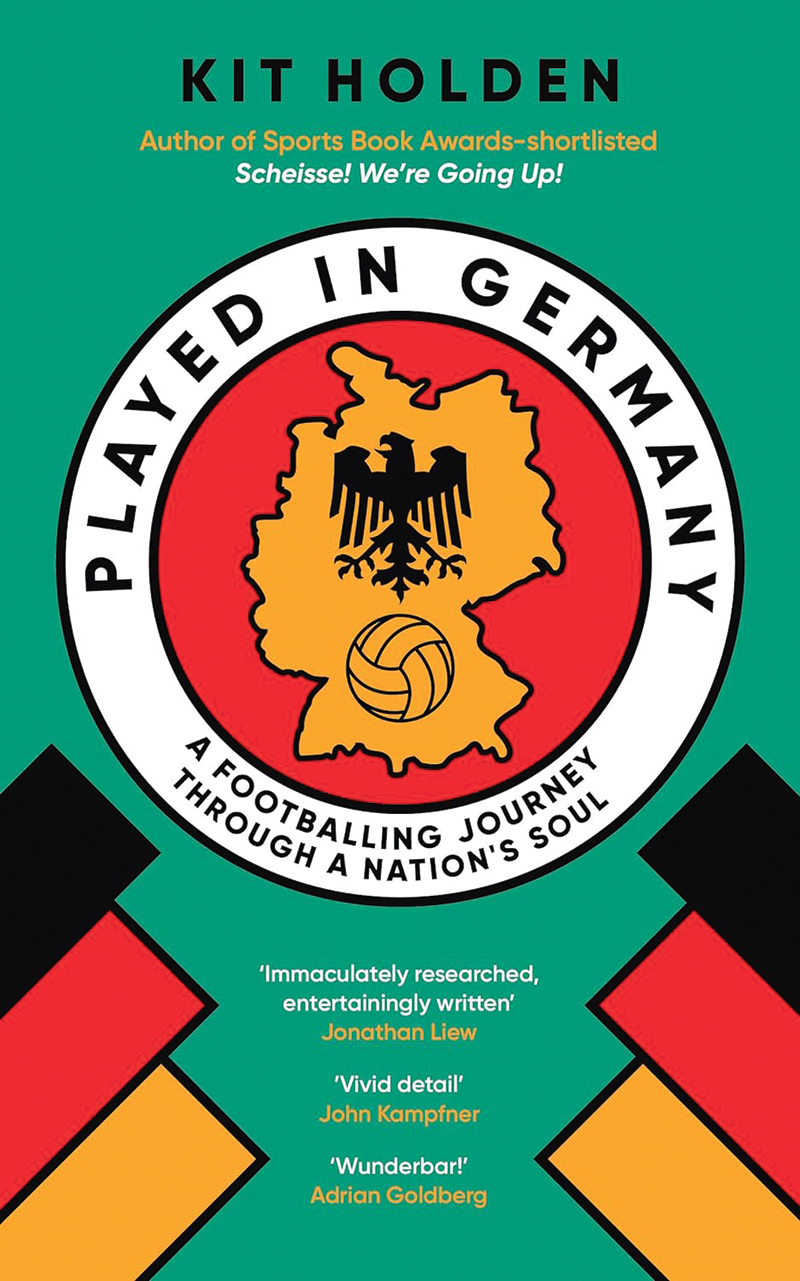No sooner had they touched down in Germany for Euro 2024, the Scottish national team were whisked off to their tournament base in Garmisch-Partenkirchen, and treated to a healthy dose of the famous Bavarian hospitality. While the onlookers helped themselves to beer and grub, the players were greeted by dancers in lederhosen and felt hats, slapping their ankles to the music of an oompah band.
This, many people must assume, is what Germany looks like. And as Scotland’s experience showed, there’s no smoke without fire. Yet the reality, of course, is that this kind of thing is anything but typically German. There are 80 million people in Germany, and most of them would not be seen dead in lederhosen. The costumes, along with the dancing and the beers served by the litre, are all Bavarian traditions rather than German ones. To think of them as typically German would be like calling haggis and kilts “typically British”. It’s technically true, but it’s also plain wrong.
Get the latest news and insight into how the Big Issue magazine is made by signing up for the Inside Big Issue newsletter
Hundreds of thousands of British football fans will have seen the depressed post-industrialism of the Ruhr, the joie de vivre of Catholic, carnival-loving Cologne, and the southern sun of Swabian Stuttgart. A number of different countries within a country.
Germany is a patchwork nation. It borders nine different countries and is influenced by all of them. In Cologne most people would see themselves as western Europeans. Berlin is closer to Ukraine than it is to London. The country’s borders have also shifted dramatically in the 150 years since its founding as a nation state. In the first 70 years, Germany went from being an imperial monarchy to a republican democracy, before sliding into a genocidal fascist dictatorship and ultimately, being split in two for 40 years.
Since 1990, it has been a peaceful, reunified modern democracy, yet the scars of its history are still tangible and it remains a country with many different centres. The government may sit in Berlin, but Germany’s financial clout is in Frankfurt, its world-famous cars are built in Munich and Stuttgart and its export-heavy economy relies heavily on the rainy-as-Scandinavia port of Hamburg.










